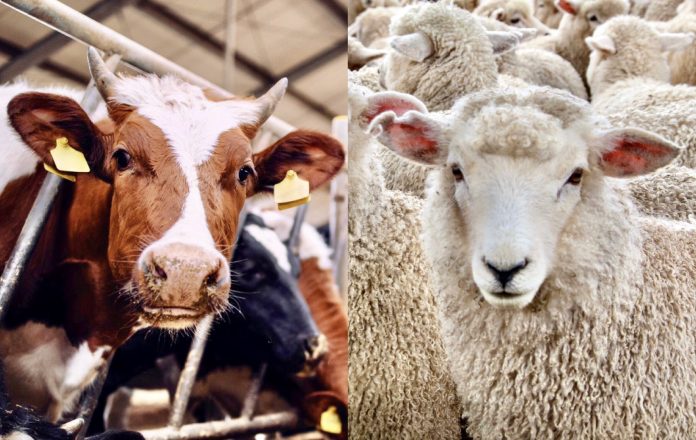The business operator of G and GB Hewitt Ltd, a slaughterhouse in Chester, England, along with six men who worked there have been sentenced for animal welfare offenses, including causing avoidable pain, distress or suffering to the cattle and sheep who were killed at the slaughterhouse.
In addition to the company itself, the defendants include: Mark Lee Hewitt, 34, from Huxley in Cheshire, Stephen Mayren, 66, of Poulton-le-Fylde in Lancashire, Joseph Anthony Arden, 66, from Nantwich, Cheshire, Matthew David Arden, 32, from Whitchurch in Cheshire, Gerald Mark Hewitt, 59, from Tarporley in Cheshire, and Paul May, 49, from Whitchurch in Cheshire.
All of the defendants pleaded guilty and were sentenced by the Crewe Magistrates’ Court to pay fines for their offenses.
Legislation is currently in place to protect the welfare of animals at the time of their slaughter. There is a general requirement that they be spared any avoidable pain, distress or suffering during the slaughtering process. A breach of the legislation is a criminal offense.
Additional legislation introduced in 2018 requires slaughterhouses in England, where live animals are present, to have surveillance cameras captured by CCTV. Slaughterhouse operators are required to give authorized Food Standards Agency (FSA) staff members access to the footage. The agency is responsible for monitoring and enforcing animal welfare at approved slaughterhouses in England and Wales by ensuring that they are compliant with all specific requirements of hygiene and animal welfare legislation.
According to The Crown Prosecution Service (CPS), the charges in this case came from events captured on CCTV footage, which was reviewed by FSA veterinary staff in April of 2021. This followed allegations from an animal rights charity that animal welfare legislation was being breached at the slaughterhouse.
Several breaches were discovered from CCTV footage, including:
-
The way the animals were handled before and during slaughter.
-
The repeated use of electrical instruments to move the animals.
-
Young animals left without food for long periods of time before being slaughtered.
-
Staff conducting processes that required certification of the necessary competence, which they did not possess.



